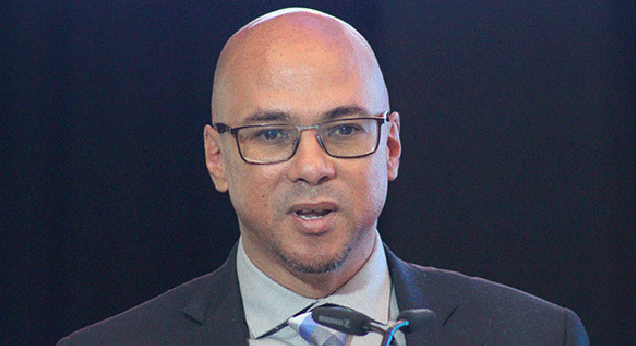The Development Bank of Namibia (DBN) says it aims to have 30% of its loans given to women and youth within the next five years.
According to the bank’s chief executive officer, John Steytler, the loan book value towards that group is currently around 10%.
“In our strategy, we have a loan book target group and 30% of the loan book should go to females and youth over the next five years,” he said during the bank’s 20th anniversary celebration in Windhoek on Monday.
“Our purpose going forward is that we exist to drive Namibia’s sustainable socio-economic development. The vision is to be the partner of choice for Namibia’s innovative development solutions,” said Steytler.
He said the company will be harnessing the power of digital technology, as it will be critical to the success of the bank.
Economist Josef Sheehama said what the bank has been able to achieve over the last 20 years is commendable, as not all businesses choose to secure funding from DBN. They are instead making use of commercial banks.
He said considering Namibia’s size and the number of small and corporate businesses operating in every sector with limited resources, the bank has succeeded in its mission.
“The bank has been successful in its support of small and corporate businesses becoming sustainable and making a major contribution to the social economy by providing credit extension and job opportunities,” said Sheehama.
He said that being able to issue loans worth N$20,8 billion, despite all local and global economic challenges, is praise worthy.
Sheehama said one of the things that contributed to DBN’s success was the provision of effective venture capital, restructuring and debt consolidation, in addition to the grace period.
Economist Omu Kakujaha-Matundu said the way to gauge the success of DBN will be by looking at whether those loans translated into sustainable projects that have employed a number of workers.
He said more should be done, as the bank was created to stimulate the economy through business funding.
“DBN was created as a special vehicle to stimulate the economy by providing finance to those who will not be financed through commercial banks. Thus, as long as that need is ever present, then more should still be done, more so as the government is poised to formalise the informal sector,” said Kakujaha-Matundu.
According to a statement by the bank, during its inception in 2004, the bank only had 13 employees and a loan book value of N$62,3 million, while the bank today has a staff complement of 124 permanent employees and 14 temporary employees.
Stay informed with The Namibian – your source for credible journalism. Get in-depth reporting and opinions for
only N$85 a month. Invest in journalism, invest in democracy –
Subscribe Now!






